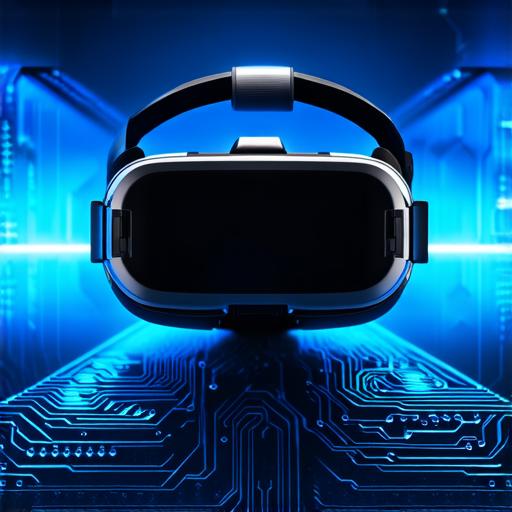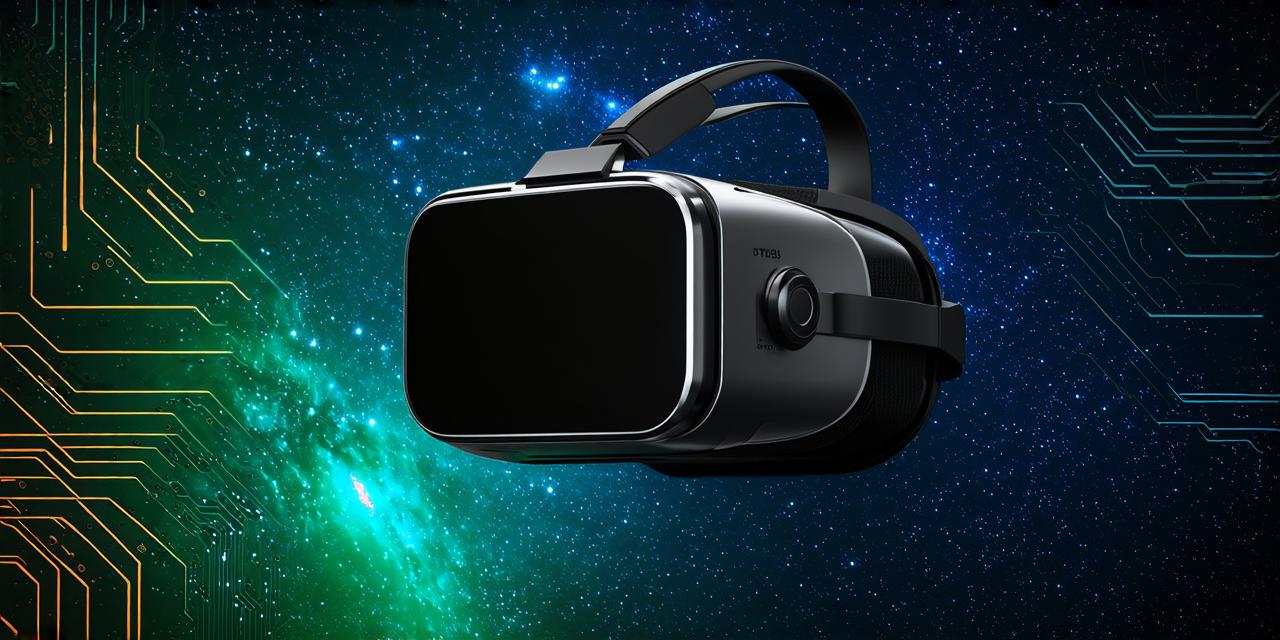Virtual reality (VR) technology is revolutionizing the way we interact with digital content and each other.
With virtual environments becoming more immersive and lifelike, VR app development has become an essential part of creating engaging user experiences. In this article, we will explore the top VR app development services that can help you create immersive user experiences.
1. A-Frame: An open-source VR framework for web developers

A-Frame is a popular open-source VR framework that enables developers to build VR applications using HTML, CSS, and JavaScript. It provides a simple and flexible way to create interactive VR experiences on the web, without requiring any specialized knowledge of VR development. A-Frame supports a wide range of VR devices, including Oculus Rift, HTC Vive, Google Cardboard, and Samsung Gear VR.
Case study: Using A-Frame for immersive retail experiences
A major clothing retailer used A-Frame to create an immersive in-store experience that allowed customers to try on clothes virtually before making a purchase. The VR app was integrated into the store’s existing point of sale system, allowing customers to quickly and easily complete their transactions. The app was a huge success, with over 50% of customers reporting that they were more likely to make a purchase after using the VR app.
1. Unity: A powerful game engine for VR development
Unity is one of the most popular game engines in use today, and it also supports VR development. It provides a wide range of tools and features that make it easy to create immersive VR experiences, including support for multiple VR platforms and advanced physics simulation. Unity also has a large and active community of developers who contribute to its open-source codebase, making it an excellent choice for both beginners and experienced developers alike.
Case study: Using Unity for educational VR experiences
A university used Unity to create a VR app that allowed students to explore the human body in 3D. The app was designed to be an interactive learning experience, allowing students to zoom in and out of different parts of the body, and even dissect organs to see how they function. The app was a huge success, with over 90% of students reporting that it helped them better understand the human body.
1. Unreal Engine: A powerful game engine for VR development
Unreal Engine is another popular game engine that supports VR development. It provides a wide range of tools and features that make it easy to create immersive
